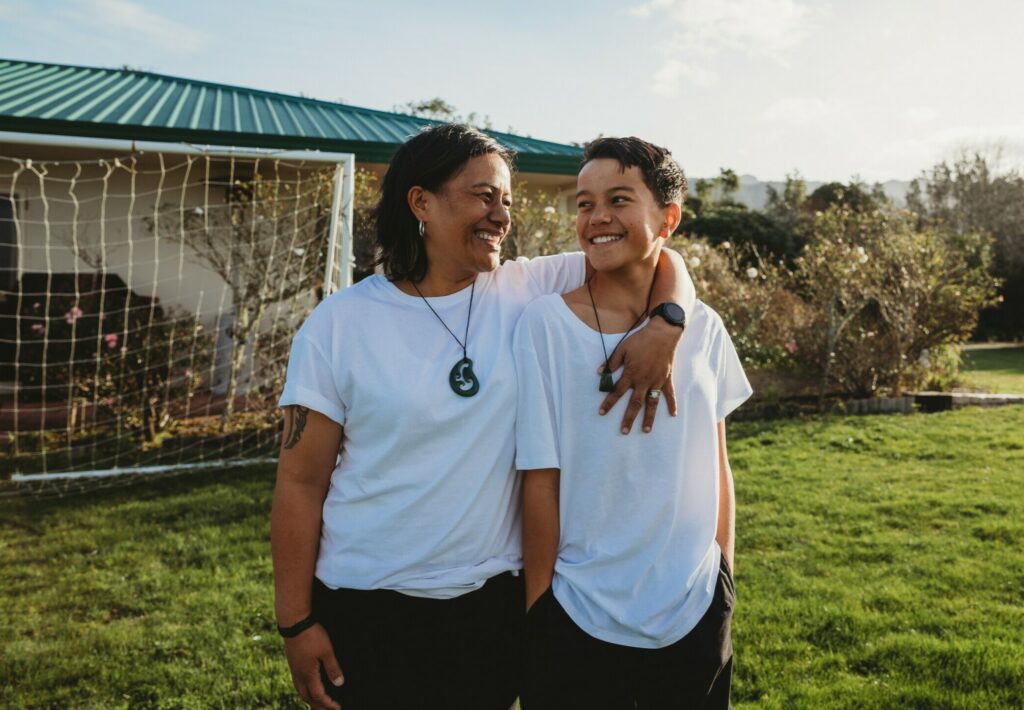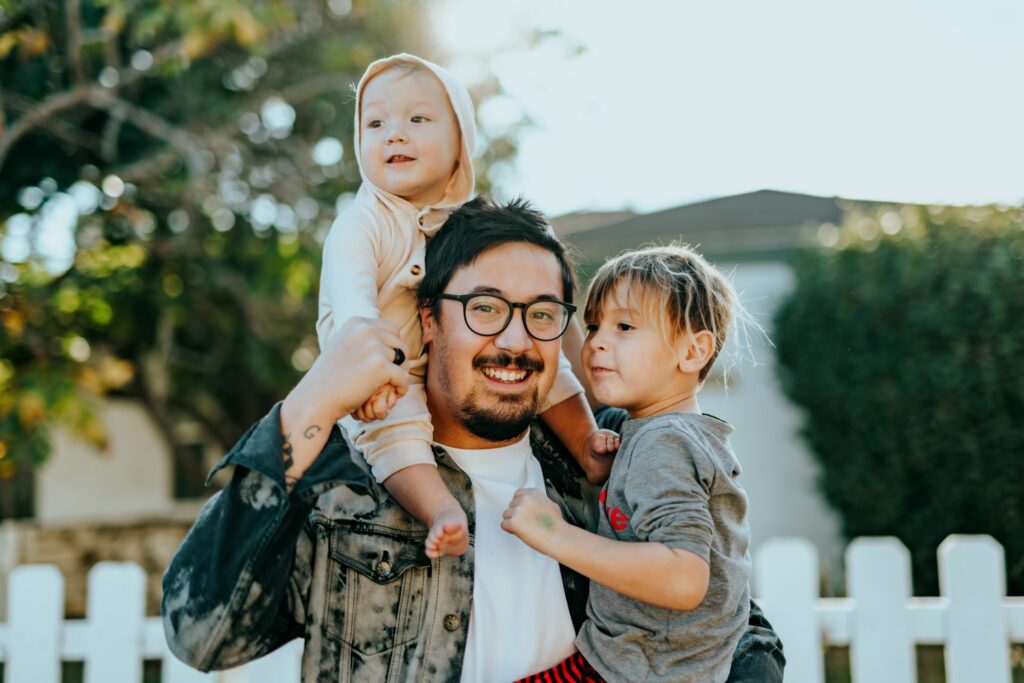The effectiveness of co-facilitation
Published:
November 30, 2021
Research type:
Keywords:
Co-facilitation is unique to MH101® workshops in New Zealand. Each workshop has two facilitators, one with lived experience of mental health challenges and one with clinical experience.
A 2021 study by Te Pou, published in The Journal of Mental Health Training, Education and Practice, highlights the value of the co-facilitation model and shows facilitators with lived experience of mental health challenges enhance the delivery of MH101®.
Different perspectives on mental health
Having two facilitators with different knowledge and perspectives, and in particular, the stories facilitators share about their own mental health challenges and wellbeing journeys, make the programme more meaningful for participants.
Different cultural, age and gender perspectives also offer a good mix and balance of workshop delivery, increasing engagement.
Sharing personal stories makes a difference
The co-facilitation model is underpinned by the ‘power of contact theory’ – that positive contact with people who have lived experience of mental health challenges can reduce negative attitudes and stigma towards people experiencing these challenges.
Personal experiences and stories shared by facilitators bring the workshop content to life, give insights into people’s experiences, and provide hope.
A partnership of good facilitation skills, knowledge and values
Alongside sharing of personal experiences, the study also highlights the importance of good facilitation skills, knowledge, values and attitudes of the co-facilitators. This includes communicating well – using plain language and no jargon; engaging people; and working in partnership to manage the flow of the workshop. Values and attitudes of compassion and respect are important, and align with the Let’s get real framework.
Read the study in full
The Te Pou study is the first large New Zealand study looking at how people view co-facilitation based on having facilitators with lived experience and clinical experience working together; and what supports effective delivery in a mental health literacy programme. The evidence supports the delivery model that Blueprint uses across all of its programmes.
Read the full study report: Lived experience and clinical co-facilitation of a mental health literacy programme: Qualitative exploration of satisfaction and factors supporting effective delivery.
Find a workshop and register now
Experience the benefits of co-facilitation first-hand at a Blueprint for Learning workshop.
Both facilitators were able to take note of who was in the room and deliver the course in such a way that we could relate and take part. Nobody felt overlooked or uncomfortable.
- Sam
The facilitators were great, they offered to stay behind if they thought someone needed extra care, always read comments and listened to what was said. Very inclusive.
- James
Very well facilitated, resourced and presented. Loved having 2 presenters and options to move around. Kept it interesting.
- TJ






